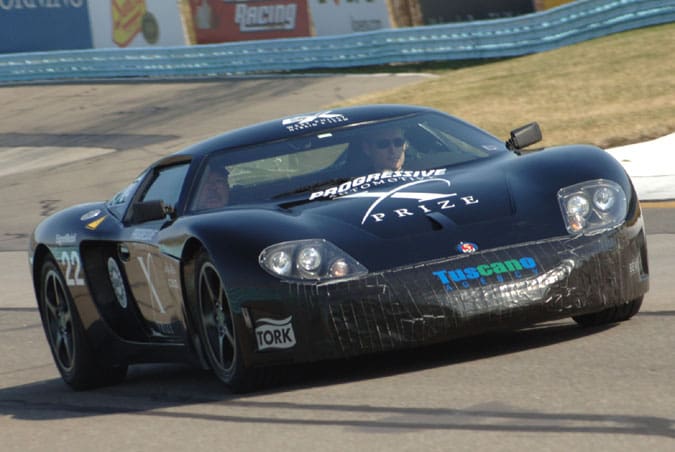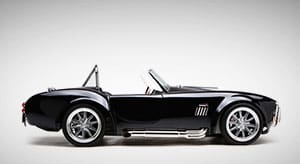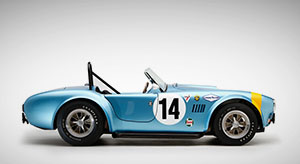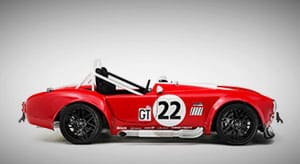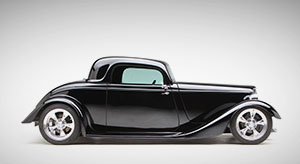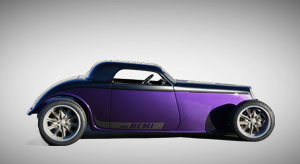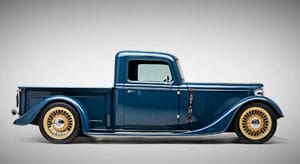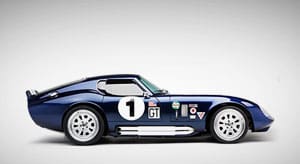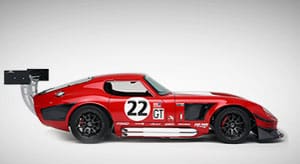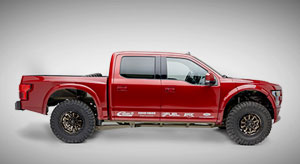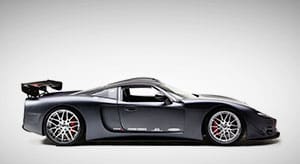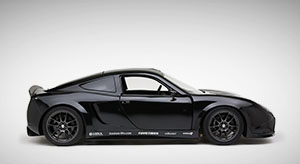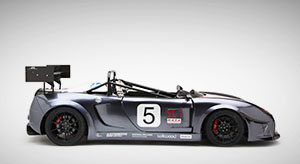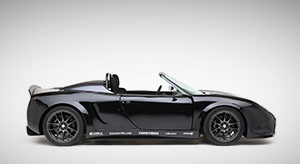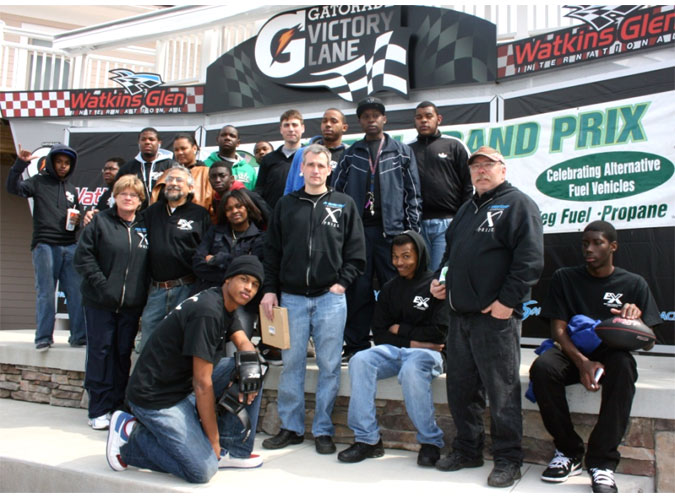
West Philadelphia High School X-Prize Team Featured in News Article
Great moments in engineering don’t always come from multinational corporations with multizillion-dollar budgets.
Sometimes the feats come from hardworking young people – and perhaps a mentor or four.
That’s just how one of the most fuel-efficient vehicles in the world was built right here, in West Philadelphia, and how the West Philly Hybrid X Team won not one but two national awards for two separate automotive projects this spring.

Simon Hauger, electrical engineer turned high school teacher turned consultant, is the power behind the 15-student team from West Philadelphia High School. He formed the group 13 years ago and has led students through a variety of projects creating fuel-efficient automobiles, usually on a budget that automakers might put into a new hubcap.
Hauger had the chance to visit with the head of Ford’s technology division a few years back and, while touring with the students, posed a question.
“I said, ‘Why aren’t you pursuing this’ ” type of extreme fuel efficiency? Hauger said. “His answer: ‘We’re waiting to see where the market goes.’ ”
Fortunately, the country has leaders like the West Philly students and teachers – working with Hauger and the students are full-time volunteer Ann Cohen and West Philadelphia High shop teachers Ron Preiss and Jerry DiLossi. And giving them incentive are the Sports Car Club of America and the Conrad Foundation, organizers of competitions such as the Green Grand Prix and the Spirit of Innovation Competition, respectively.
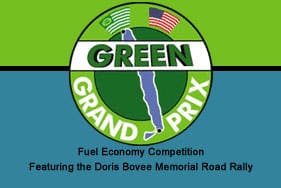
Green Grand Prix: At the end of this competition, the team shared the winners’ circle with the Chevrolet Volt at Watkins Glen International Speedway in New York as the most efficient vehicles in their classes.
Now in its sixth year, the Green Grand Prix is billed as the only road rally for alternative-fuel vehicles in the United States.
The Factory Five GTM used in the competition had been part of the group’s 2010 Automotive X Prize challenge, but didn’t win. The team did some reworking of the vehicle, and it’s now powered by a Volkswagen TDI engine running on biodiesel coupled with a hybrid system. It averaged more than 100 m.p.g., the highest mileage among nonelectric vehicles in the 100-mile test.
“That’s real fuel economy from a real car from an inner-city high school with no budget,” Hauger said.
The group does have sponsorship, though not as much now as when it was competing for the X Prize. Now the main sponsors are International Battery in Allentown and Edison2, the company that won the X Prize. Funding also comes through Philadelphia Academies Inc., which as a nonprofit that works with Philadelphia schools can handle small donations and administer their funding.
Hauger said the team had a “moderate budget” for the X Prize competition. Now, he said, “we are back to no-budget, totally shoestring funding. In fact, we all have been blacklisted from the local blood banks.”
Although the car was up against vehicles with engines sporting three or fewer cylinders, the West Philly team had the advantage on the old-style NASCAR track – its members could fly through the hairpin turns and coast up a small hill. And the six-speed transmission allowed the car to stay barely above idle to run 45 to 50 m.p.h.
“The speed happened to be the absolute ideal speed for us,” Hauger said. “The car was driving at its most optimal point.”
The event drew 45 competitors – from the Chevy Volt and GM’s fuel cell-powered SUV to homemade three-wheelers powered by industrial lawn-mower engines and everything in between. Four teams from the Automotive X Prize showed up, so they were competitors the West Philly teams had seen before.
“It was kind of like a grudge match,” Hauger said.
Spirit of Innovation: This contest limited entry to five members of the team, who designed a business plan around the Electric Very Light car, which is still in the production stage.
More than 100 entrants from the United States and Britain entered the competition, and 35 teams were chosen as finalists. Twelve to 15 teams competed in the Cyber technology energy-efficiency category against West Philly.
Led by new West Philadelphia science teacher Paul Holt as coach, the local team members went to California to give their presentation for 15 minutes and answer questions for another 15.
“It was kind of brutal,” Hauger said.
